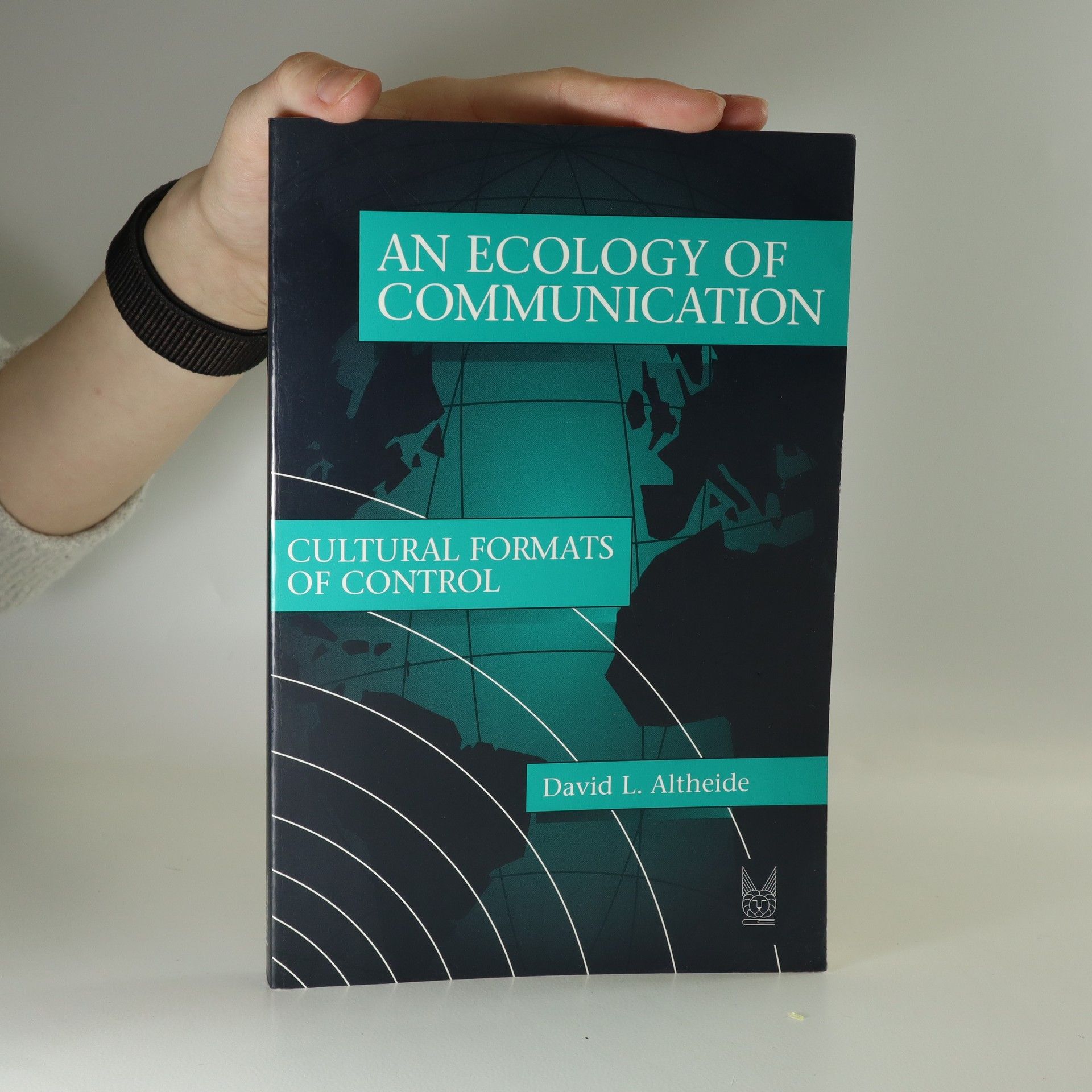Altheide's new book advances the argument set in motion some years ago with Media Logic and continued in Media Worlds in the Postjournalism Era: that in our age, information technology and the communication environments it posits have affected the private and the social spheres of all our power relationships, redefining the ground rules for social life and concepts such as freedom and justice. Articulated through an interactionist and non-deterministic focus, An Ecology of Communication offers a distinctive perspective for understanding the impact of information technology, communication formats, and social activities in the new electronic environment. As more routines, rituals, and activities incorporate such technologies within their organizational cultures, new sorts of activities are added and previous ones are changed according to an underlying logic explored in these pages. Various chapters illustrate some of these altered and redefined organizational cultures: bureaucracy, the mass media, computer formats, war, surveillance, and testing, among others.
David L. Altheide Livres
9 août 1945
